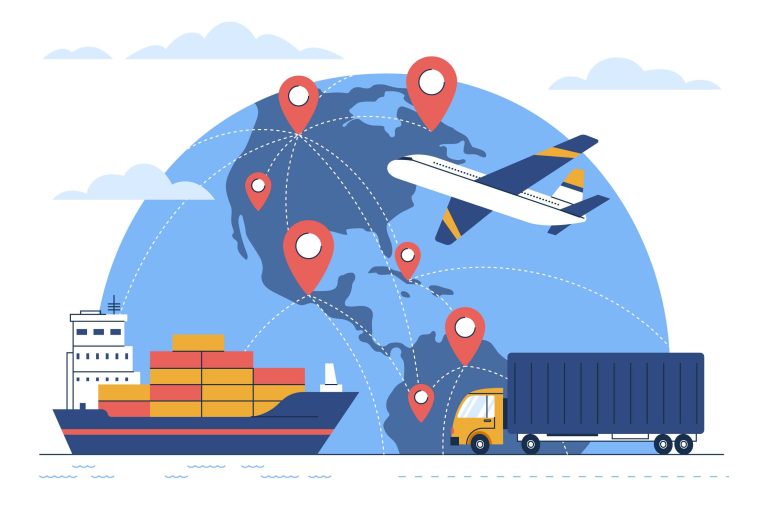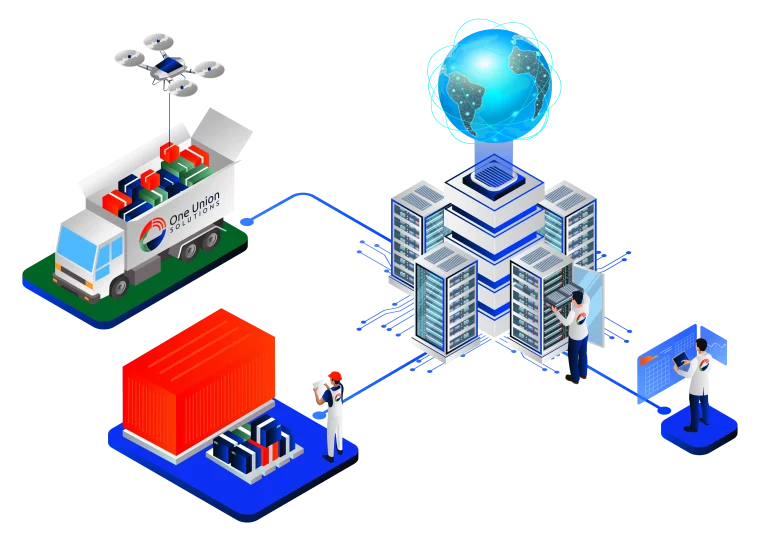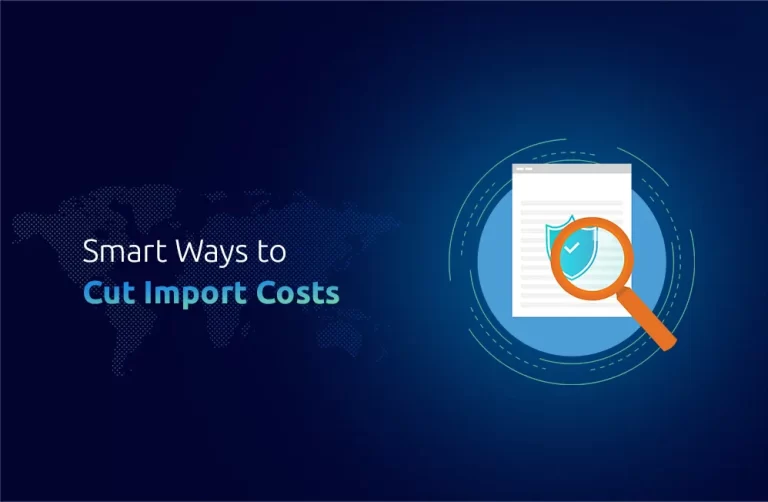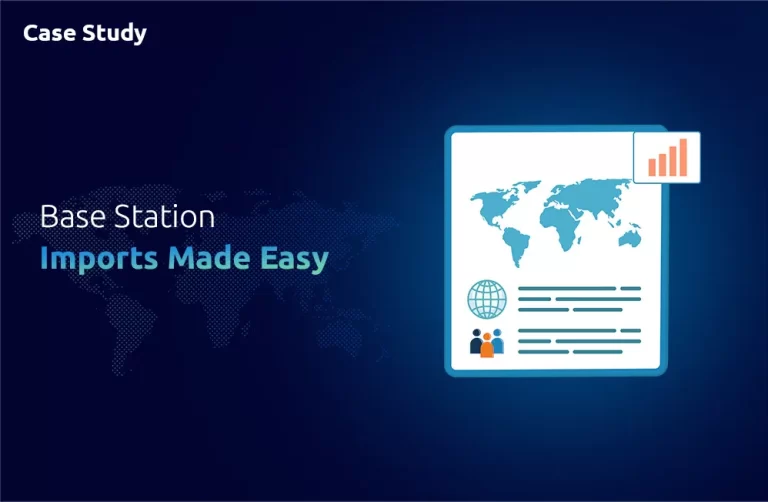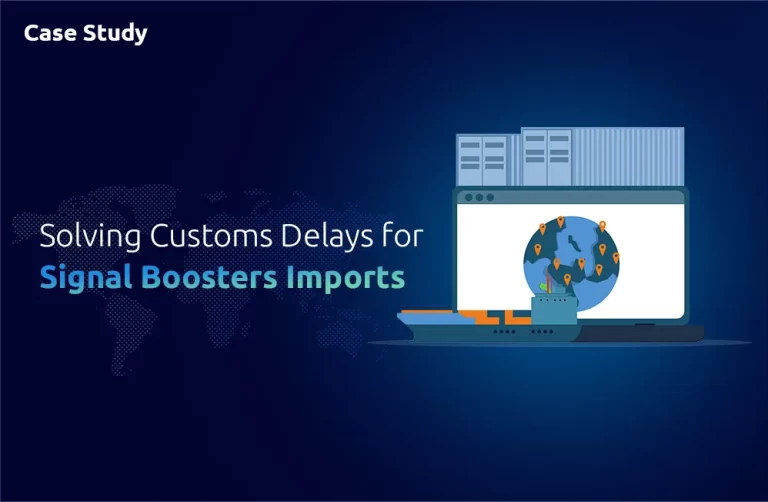Dutch Customs Procedures:
Dutch customs procedures constitute a robust framework that importers must adeptly navigate. This framework encompasses various critical elements, including:
- Import Declaration: Importing goods into the Netherlands necessitates the submission of a comprehensive import declaration to Dutch Customs (Douane). This declaration encompasses crucial details about the goods, including their value and country of origin.
- Customs Classification: Goods are systematically classified using the Harmonized System (HS) code, a critical determinant of applicable customs duties and supplementary trade measures.
- Customs Valuation: Dutch Customs employs specific rules to ascertain the customs value of imported goods. Typically, this value is derived from the transaction value, which represents the price paid or payable for the goods unless certain adjustments are warranted.
Import Taxes and Duties:
A nuanced understanding of Dutch import taxes and duties is paramount, as these factors exhibit variability contingent upon the nature of the goods and their country of origin. Key elements to consider include:
Value Added Tax (VAT): The Netherlands levies a Value Added Tax (VAT), commonly referred to as “BTW” (Belasting over de Toegevoegde Waarde). The standard VAT rate stands at 21%, with reduced rates of 9% and 0% applicable to specific goods and services. Some imports may qualify for VAT exemptions or reductions contingent on the nature of the goods.
Customs Duties: Importers may encounter customs duties when bringing goods into the Netherlands. These duties fluctuate based on the HS code classification and the origin of the goods. The European Union’s Common Customs Tariff (CCT) establishes standard rates for customs duties within the EU.
Anti-Dumping and Countervailing Duties: In instances where imported goods are identified as being sold at prices below market rates or receiving subsidies from their country of origin, the European Union may impose anti-dumping or countervailing duties to ensure a level playing field for European producers.
Customs Handling Fees: Importers may also incur customs handling fees associated with services provided by Dutch Customs throughout the import process. These services may encompass cargo inspections or additional documentation requirements.
Is DDP Dutch? General Information about DDP Nederland and Import Tax Netherlands
Many people ask, “Is DDP Dutch?” DDP refers to delivery duty paid and it is a very useful international shipping term which is often referred to as DDP Nederland in the Netherlands. it’s often called DDP Nederland. It means the seller or logistics provider takes care of all costs and paperwork, including import tax Netherlands like VAT and customs duties. This helped to ease the importation of goods to the Netherlands for doing business by the various companies. What you need to know is we offer our services without any hidden costs and no many rules to complicate.
Key Benefits of DDP Services in the Netherlands:
Transparent Pricing: DDP services provide a clear and upfront view of the costs associated with your Dutch imports. This transparency eliminates hidden fees or unexpected expenses, offering predictability to your budget.
Efficient Customs Clearance: Navigating Dutch customs regulations can be complex, but with DDP services, you can offload the burden of customs clearance. Experienced professionals handle intricate customs procedures and ensure accurate documentation, simplifying the import process.
On-Time Deliveries: Timely delivery is essential in the world of imports. DDP services prioritize punctual and dependable deliveries within the Netherlands, enhancing your supply chain’s efficiency without the need for promotional language.”
Customer Success Stories:
We take pride in showcasing our success through the experiences of our satisfied clients. Here are real stories illustrating how businesses like yours have harnessed the power of our DDP services in the Netherlands, each tailored to a specific industry:

